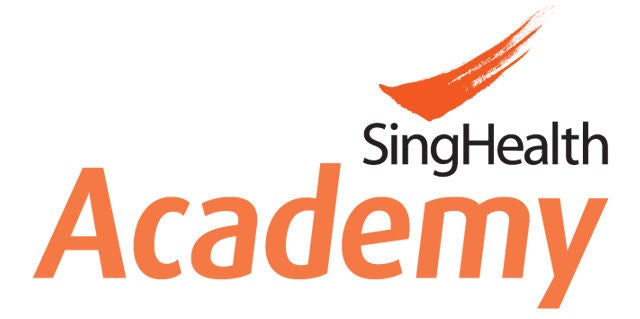SingHealth Academy will NEVER ask you to transfer money over a call. If in doubt, call the 24/7 ScamShield helpline at 1799, or visit the ScamShield website at www.scamshield.gov.sg.
Expertise

Simulation Technology & Innovation
The use of technology and innovative solutions has been gaining traction, especially in healthcare simulation. As one of the largest and most established medical simulation institutes in the region, SIMS constantly evaluates cutting-edge technological approaches to enhance patient safety and care outcomes. With the aid of the latest advances in simulation technology and equipment, SIMS aims to provide a safe and realistic training environment for all healthcare professionals to sharpen their clinical skills.
Here are some of the technological innovation that SIMS has to offer:
Moulage
Moulage, such as simulated wounds and smells, are often used in conjunction with manikins and/or standardised patients to enhance learning. The use of moulage often enhances the realism of a scenario and authenticity of a manikin/standardised patient, thus increasing participant engagement during simulation exercises.


Fake Abrasions

Computerised Manikin
A computerised manikin exhibits the behaviours of a human, reproducing real-life scenarios within a safe learning environment for trainees. High-fidelity manikins are also used for in situ trainings to identify latent threats and build non-technical skills.
Low-Cost Solutions
Simulation-enhanced activity does not always have to involve computerised training hardware. SIMS shares some simple but effective tips to create or re-create training tools without incurring a hefty cost:
- Task Training: Arterial Line Model for Arterial Blood Sampling Training
- Task Training: Silicone Modelling
- Simulators Enhancements: Arterial Line
- Models Renewal: BCLS to Airway Management - Low-Fi to Mid-Fi
- Task Training: 1st Generation Sim Defibrillator
Human Patient Simulators
Human Patient Simulators (HPS) are equipped with physiological responses to clinical changes and medical gases. They are used to simulate realistic anaesthesia and operating theatre scenarios requiring complex and acute cardiovascular, respiratory, neurological and pharmacological changes. For more information, contact arif@skh.com.sg.
3D Printing Technology

The ability to re-create accurate patient-specific 3D anatomical models has brought about various improved outcomes in healthcare training. These improvements are seen in both better post-operative results as well as increased confidence levels in junior doctors and residents towards complex surgeries. The application of 3D Printing technologies may be the next frontier for healthcare education as training consumables can be customised with specific pathologies, which can better cater to training needs.
Virtual Reality Surgical Simulators.

Virtual Reality Surgical Simulators provide a wide range of learning modules that allow learners to hone their technical skills in a safe environment. The modules contain an assessment function, thus allowing learners to evaluate their practice and review their training development with supervisors.
Serious Games
Please click here for more information.
Stay Healthy With
© 2025 SingHealth Group. All Rights Reserved.
















